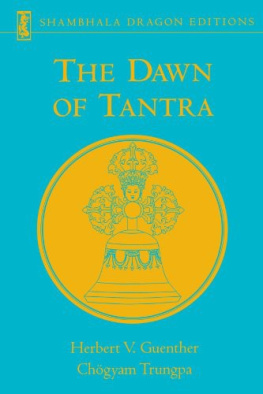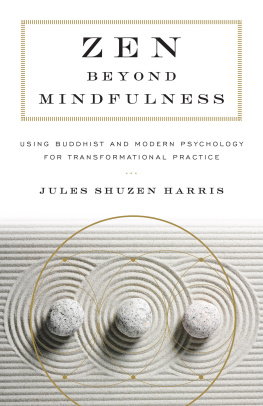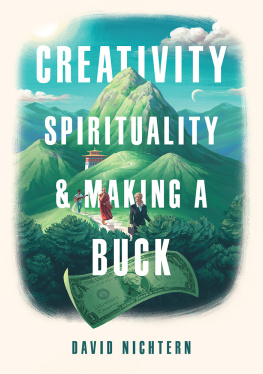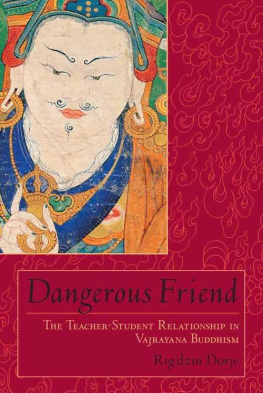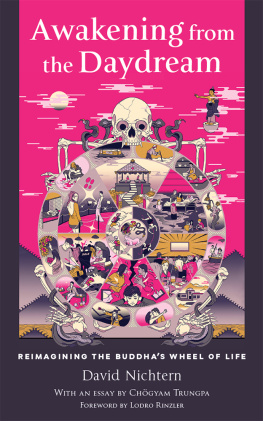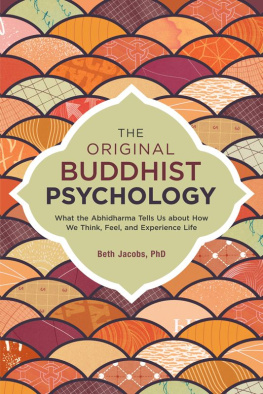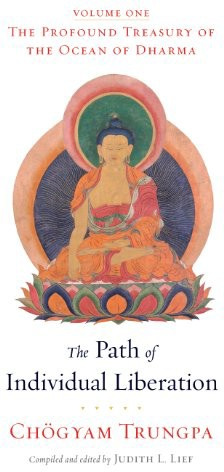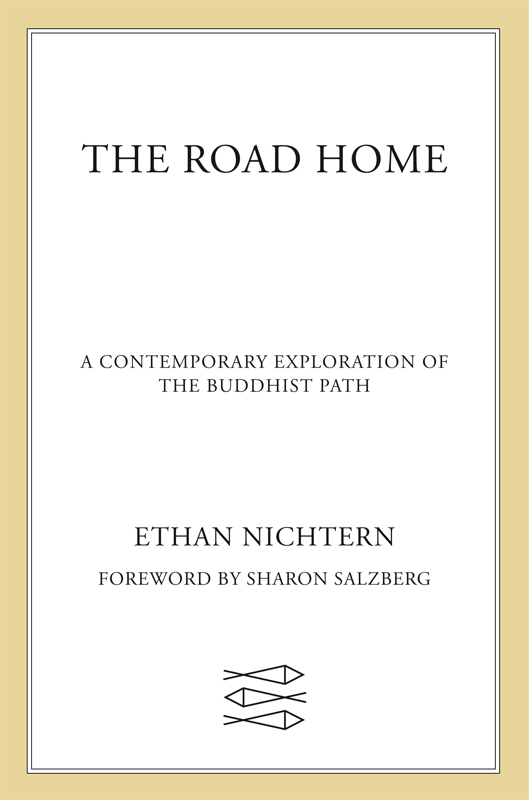Contents
Guide

The author and publisher have provided this e-book to you for your personal use only. You may not make this e-book publicly available in any way. Copyright infringement is against the law. If you believe the copy of this e-book you are reading infringes on the authors copyright, please notify the publisher at: us.macmillanusa.com/piracy.
For my parents, who set me on this path.
For my teachers, who keep me on this path.
For my colleagues and students,
who keep me honest on this path.
I started reading my advance copy of The Road Home while in a hotel room, far from where I live. Internet access was in fits and starts, the busy highway outside left me stranded in this little enclave, and there were no restaurants open anywhere. I was at the tail end of a book tour (seven cities in ten days!) and had woken up that morning directly into the clich Where am I? I dont know at all where I am. I was so tired I felt lucky I wasnt waking up to I dont know at all who I am.
My experience of fragmentation and unease was perfectly captured by Ethan in the early part of this book, in his description of a commuter, someone always on the go, someone anchorless.
Sitting in that hotel room, I saw right away that I wanted a stronger sense of community than the one my iPhone could offer in those fits and starts of Internet access. I very much wanted to find renewal and openheartedness, so I could be in the next place with the next people in a good way. I also wanted some greater quietnot isolation, but a sense of repose, stopping, being at ease. I wanted the relief and support of being at home.
Thanks to my many years of meditation study and practice, I knew how to directly find and actually follow a road home, even though I wasnt going to be seeing Massachusetts anytime soon. This is the best kind of homeindependent of conditions, accessible even if my plane was once more delayed, unencumbered by the need for successful and timely baggage delivery.
The Road Home is a guide to taking this special kind of journey into our own hearts and minds, a true refuge for us wherever we are. And were home not just for a tiny, fleeting visit, only to recall it distantly and nostalgically when we are once again far afield, feeling lost, wondering where we are. Remember that great time, when I felt connected and aware? That was a really good time! Ah, to be back there. Its not a journey to a finer address, or an exotic voyage to foreign lands, or an effort to go back to the past and build a monument to what once was and then irrevocably slipped away. Its a journey that we can have confidence in right here and now when we remember to embark.
The road home Ethan describes includes looking deeply at what meditation is and isnt, to carefully hone self-awareness. It includes examining often misunderstood concepts in Buddhist teaching, like karma, ethics, and emptiness, to transform our sense of what is possible for us. This road explores the awakened heart, empowered by the basic truths of interdependence and relationship, and the strength and vitality of wise compassion. And it encompasses looking at our shared communities and societies, to discover cultural, social, and political meaning to our journeying.
While writing in a completely contemporary idiom, Ethan draws here from different perspectives and schools within the Buddhist traditions, including the Shambhala tradition, of which he is a second-generation member. This journey home has been a part of Ethans world his whole life.
When Ethan asked me to write this foreword, he also asked me not to say anything that would embarrass him, reminding me of the time when I did just that by introducing him to one of my teaching colleagues, Sylvia Boorstein, saying, Ethan is the future of Buddhism. But it fits very well in the flow here, its quite a good closing statement, its kind of fun to embarrass him, and I mean it sincerely. So, Ill just close by expressing my great respect for this work and by strongly encouraging you to use it as a practical guide, not a mere abstract reflection. And Id like to specifically add, Ethan is the future of Buddhism.
Where is home? Is your address your home? Is your body your home? Do you feel at home in your own mind? Where, oh, where is home?
In many ways, these have been the central questions of my life. The quest to answer these questionsor at least to feel more capable of understanding themis the primary reason I have chosen the path of Buddhism and the primary reason I practice and teach the path to others.
For me, the question of home is emotional. Its a poignant metaphor. Its rarely been a literal dilemma. Ive always found a place to crash, at least, and have never faced a serious threat of losing the roof over my head. In that way Im luckier than many people. This relative safety and comfort allow me a privilege I try to never forget: adequate space and time to contemplate existence. Still, the main question this book asks about home is an existential one; we arent talking about a physical address. We are asking: Where, when, and how do we feel at home? How do we handle the fears and insecurities of not feeling at home?
Its possible, maybe even likely, that you dont feel completely at home right now. That might be the whole reason you picked up this book. If youre currently in commute, watching the world stream by through the isolating window of some train, plane, or bus, then you know the feeling. Or if things recently fell apart for you, in one of those limitless ways that Things Fall Apart for us mere mortals, then youre probably in a time of transition. If thats true, you may know what I mean about home in a very immediate way, and you might be hoping for something to come along to end this disorienting commute, to get you back to a place where you belong, where you are safe and sound, loved and understood.
But what if youre actually reading this at home, at the place where you lay your head most often, the place your mobile phone bill gets delivered, the place where you most often caffeinate? You might be lounging in the most comfortable chair youve ever owned, with the most creatively named pet snuggled in your lap. And yet, there still might be a hovering aura of stress or anxiety, an underlying insecurity that makes you feel shiftless, just a little bit uncomfortable about everything. Maybe feeling not-at-home makes you check your newsfeed way too often or scratch an itch that isnt quite there. Or, maybe youre just dreading the next time youre going to have to leave the comfort of home and head back out into the big strange world in which the pretense of knowing what youre doing is a constant prerequisite, that world in which there is still no manual on how to be you.
The sad factthe fact that binds us together in our shared struggle as human beingsis that even when we actually are at home, it is so damn difficult to feel at home.
The tradition that I study, practice, and teachShambhala Buddhismtraces the journey that we each make to find where we belong, and describes what happens when we get lost in transit. First and foremost, practitioners of this tradition look at how we have lost touch with a feeling of belonging and trust in our own mind. Then, we can examine how the feeling of not-at-home makes us avoid the trickier aspects of our human relationships. Finally, we can look more broadly at how our inability to settle with our own being leads to communities and societies of mutual distrust, cyclical dissatisfaction, and violence.


